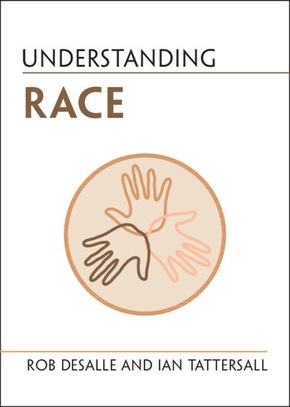| Verlag | Cambridge University Press |
| Auflage | 2022 |
| Seiten | 200 |
| Format | 12,6 x 1,0 x 17,8 cm |
| Gewicht | 227 g |
| Artikeltyp | Englisches Buch |
| Reihe | Understanding Life |
| EAN | 9781009055581 |
| Bestell-Nr | 00905558UA |
Addresses misunderstandings about race in a rational and comprehensive way, emphasising that race is a purely social construct.
The human species is very young, but in a short time it has acquired some striking, if biologically superficial, variations across the planet. As this book shows, however, none of those biological variations can be understood in terms of discrete races, which do not actually exist as definable entities. Starting with a consideration of evolution and the mechanisms of diversification in nature, this book moves to an examination of attitudes to human variation throughout history, showing that it was only with the advent of slavery that considerations of human variation became politicized. It then embarks on a consideration of how racial classifications have been applied to genomic studies, demonstrating how individualized genomics is a much more effective approach to clinical treatments. It also shows how racial stratification does nothing to help us understand the phenomenon of human variation, at either the genomic or physical levels.
Inhaltsverzeichnis:
1. The evolutionary background; 2. Race before evolutionary theory; 3. Race after Darwin; 4. Race in the era of genetics and genomics; 5. Variation in genomes, and how humans took over the world; 6. Clustering and treeing; 7. Race in medicine and complex phenotypic studies; 8. Human adaptations; 9. Race, science and pseudoscience.
Rezension:
'DeSalle and Tattersall provide a brilliant and comprehensive refutation of the folk concept of human races. Anyone who thinks that there are natural categories of people that correspond to zoological subspecies will have their worldview blown to bits!' Jonathan Marks, Department of Anthropology, University of North Carolina at Charlotte

